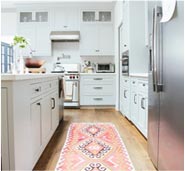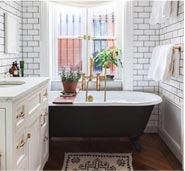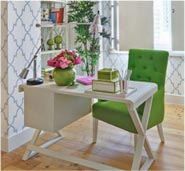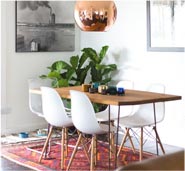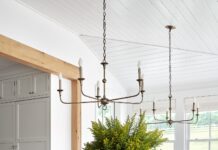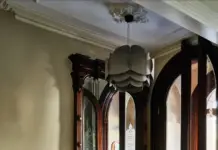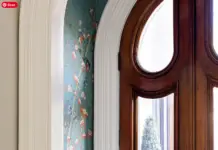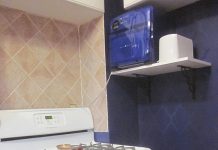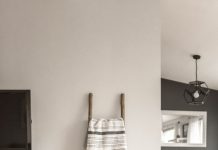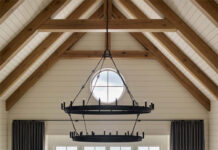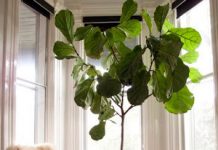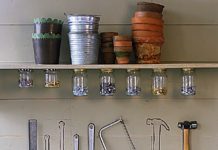There are a significant number of people who own an air purifier, but most of them don’t know how and when to use it.
Indeed, cleaning air is essential as air quality affects everything from mental to physical health. But you may need to care about saving energy and keeping your electricity bills low.
So, what to do? Should you leave your air purifier on all the time, or can it be off? This question falls into your mind, right?
If possible, then leave it for all day. It will clear all kinds of specks of dirt, allergens, smoke, and odors from your indoor air.
There is no disadvantage of leaving a humidifier on 24/7. But, if you think about energy savings and electricity bills, you can turn it off when you stay outside the home.

What Happen When You Turn Your Air Purifier Off
Before answering the question: Should I leave the air purifier on all the time, we would like to discuss what happens when your air purifier gets switched off.
The air inside a home is constantly changing. Indoor contaminations are discharged every time due to turning on the stove, opening packages, folding clothes, or using scented products. It isn’t necessary to mention the hair and dander that is continuously generated if you own pets.
You can’t ignore the outdoor defilements, which are another vital factor in your home’s air quality. They get into your home when you open the window, enter the house, allow someone else in.
An air purifier works to remove pollutants by forcing them with its filter. It will only take an hour to clear all the toxic waste of the air inside of a room. But when you turn your air purifier off, contagions start to accumulate again, and it is harder for the purifier to accomplish its job next time and takes much time. That’s why leaving air purifiers on continuously is a wise solution to stay away from contaminants.
Should I Leave My Air Purifier on All the Time?
Most air purifiers are considered to use 24/7, but there are some exceptions. You’ll find some air purifiers like ozone generators that can only be operated when none is around. In contrast, there are some battery operated air purifiers that you can use in your desk or car when users are around. So, getting a battery operated air purifier will be a wise choice for those who are looking for a portable air purifier to use anywhere and any time they want. Apart from that, regular air purifiers can be used in places with users or without users.
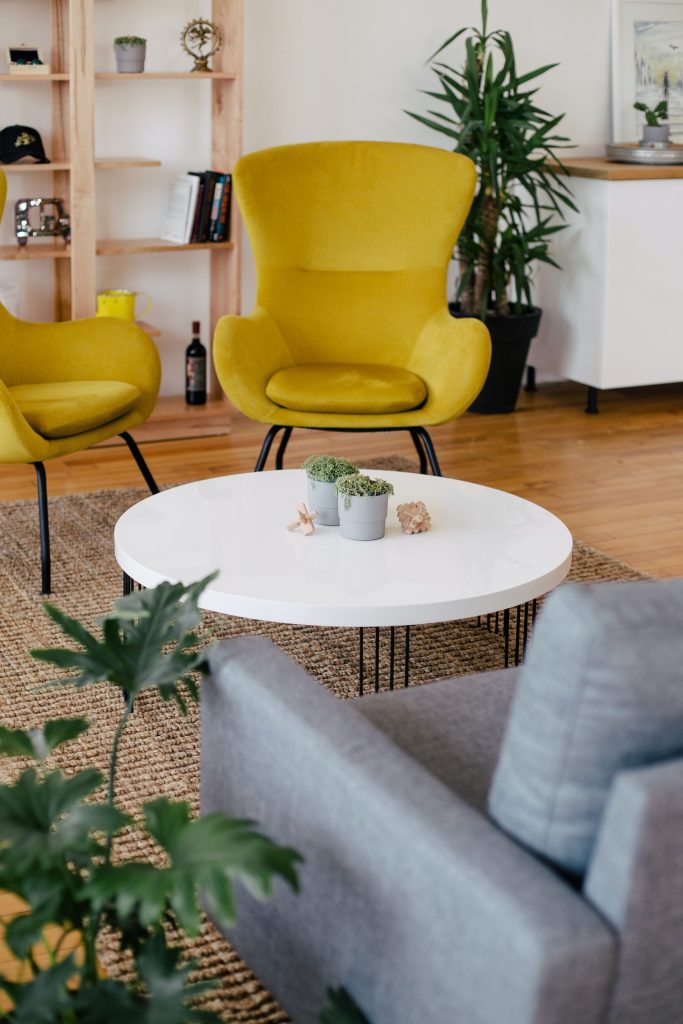
However, let’s come to the point. Whether you should leave your air purifier on or off depends on a couple of things. But the way an air purifier works, it is better to leave it on all day. As we know, the air in your house consequently changes due to accumulating different types of pollutants that you can only remove with air purifiers.
Why should we recommend leaving air purifiers on all day? When you turn off the air purifier after a certain period of running, the air quality drops to the same level as before it was removed.
Usually, an air purifier takes 30 minutes to 3 hours to clean the air of a room, depending on room size and type of device. Once it cleans the air, you turn it off; it will take the same time to refresh and clean your air the next time, which can be irritating for you. So, it is better to leave your air purifier on all day to get quality air when you stay at home or office.
Best Type of Air Purifiers For 24/7 Use
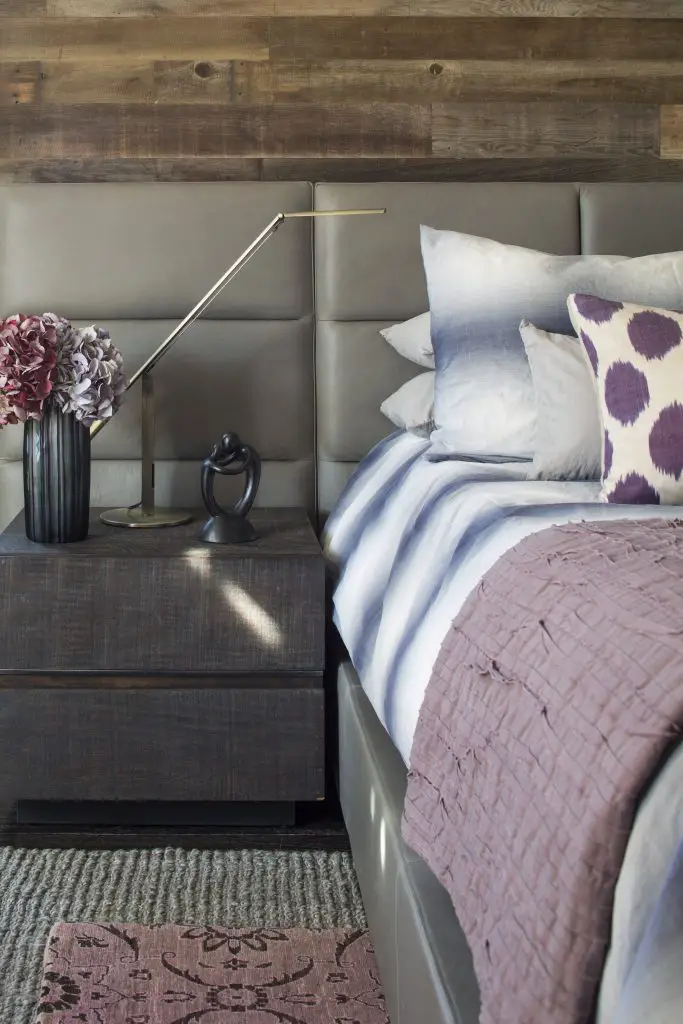
We are usually asked by many more people, especially those who are determined to buy an air purifier, which one is best for using all day. There are different types of air purifiers available that you can use, but for all-day use, we think PCO[Photocatalytic Oxidation and HEPA air purifiers are wise choices.
HEPA
These air purifiers work by absorbing air through a filter that catches pollutants particles that are in the air and as small as 0.1 microns. HEPA filters can trap all types of contaminants, including pollen, dust, and pet dander.
Activated carbon filters have been used on HEPA filters to remove odors by enthralling odor-causing gases and air particles.
HEPA air purifiers are primarily used in places such as hospitals which require clean air all day. However, air purifiers that come with HEPA filters are designed for all-day use and do just fine in cleaning and refreshing air if you don’t have severe indoor solutions.
PCO [Photocatalytic Oxidation]
HEPA works better, but if you get problems like mold, viruses, bacteria, or volatile organic compounds, then it won’t help you much no matter how long you operate them. Apart from that, HEPA air purifiers stop cleaning air if the places are longer than 1000 sq ft.
Considering that, PCO air purifiers can be used that are worked by spectrum ultraviolet light. These air purifiers focus on a thin titanium dioxide film that works as a catalyst in an oxidation reaction that diminishes all air contaminants that pass through the purifier.
PCO air purifiers are also designed for 24/7 use and clean air very well, even in large places up to 3500 square feet. These air purifiers not only trap contaminants but burn and destroy them, and this includes odor-causing particles. The marvelous thing about these air purifiers is that they can deal with small contaminants as small as 0.001 microns.
Final Thought
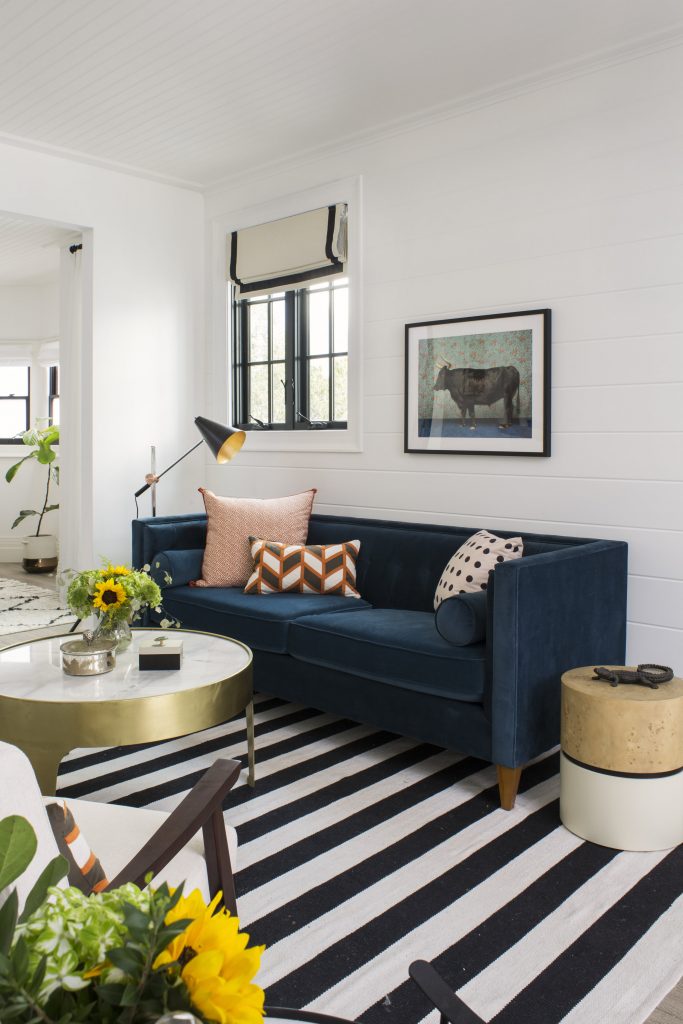
Hopefully, you have cleared whether you should leave your air purifier on all-time or not. Running an air purifier 24/7 in a room is a wise selection that ensures quality air and keeps you away from several diseases like asthma, allergens, bronchitis, emphysema, and so on.
If you think about energy savings and low electricity bills, then we recommend having battery-operated air purifiers. A battery-operated air purifier can be used for up to 240 hours, depending on the brand.
Thanks to homeairgeeks.com for consulting.


